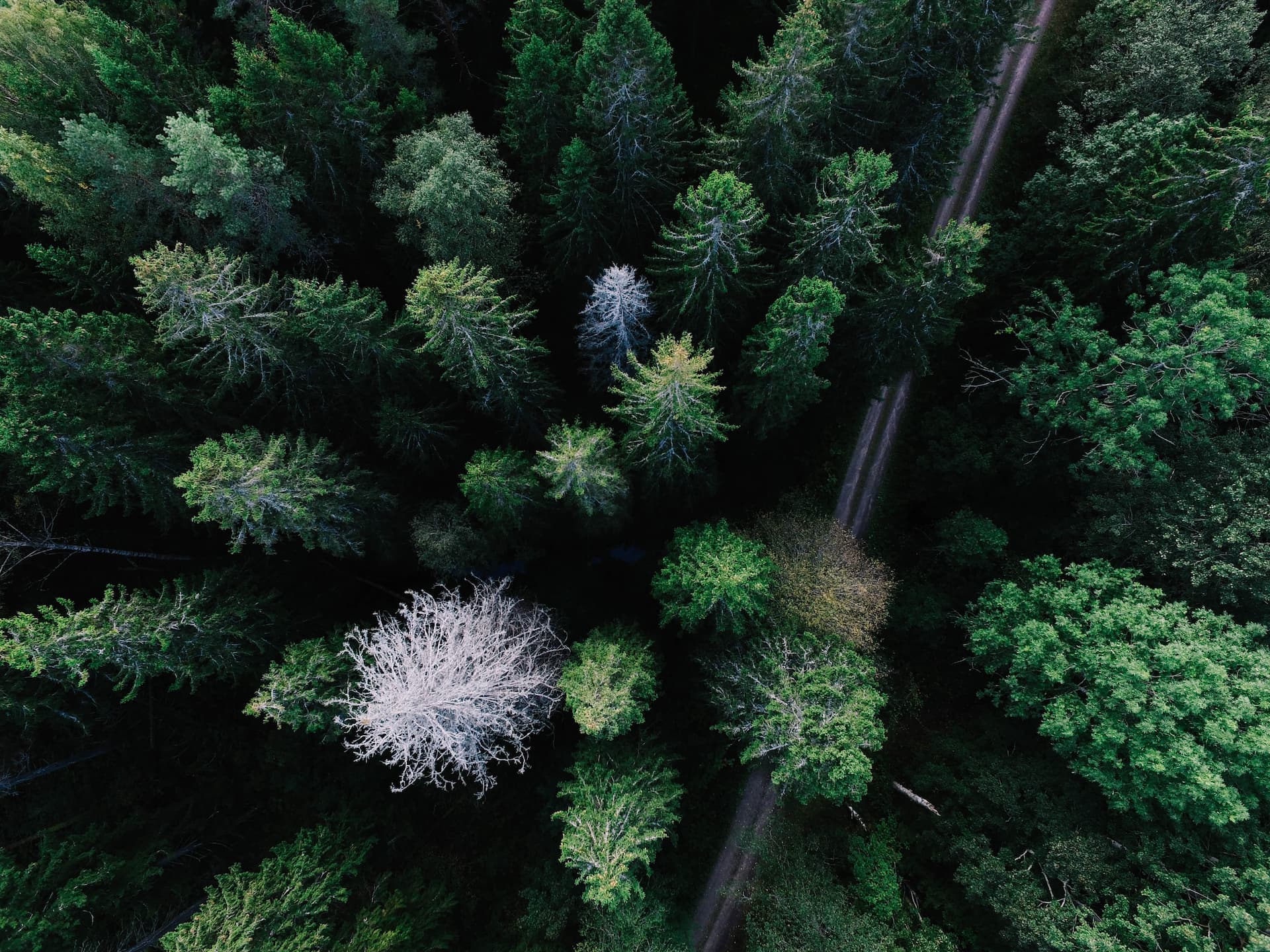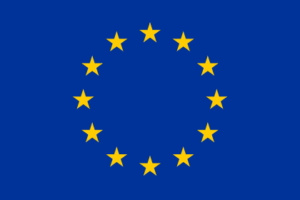Authors: Sara Berge Lorenzen, Cathrine Marie Skovbo Winther,Aina Landsverk Hagen, Julie Ridley & Maria Turda
Handbook of Youth Social Citizen Science (Borgström, D., Canto-Farachala, P., Hagen, A. L., Norvoll, R., Rådmark, L. & Lorenzen, S.B. (Eds.). (2024). Handbook of Youth Citizen Social Science. Working with Young People and the Local Community for Social Change. Zenodo. https://doi.org/10.5281/zenodo.10566411)
The Listening Mode – Interviews and Informal Conversations
Interviews are an important method for collecting data in youth citizen social science, just as they are in social science in general. In projects where young people are through informal or formal, individual or focus group interviews with the young citizen scientists to provide data about their views on the research topic.
For instance, many of the YouCount cases initiated focus group interviews either with the group of co-researchers at the project’s beginning or with other youth later on in the project period. These interviews and informal conversations aimed to gather young people’s perspectives on social inclusion and to foster a shared understanding of the research topic. Additionally, focus group interviews are an effective method to gather data about the young citizen scientists’ experiences participating in the research project, as we elaborate in chapter 6 on evaluation.
Interviewing is also an activity that young citizen scientists can either lead or collaborate on with professional researchers. Individual or focus-group interviews may be entirely youth-led or a joint effort between professional researchers and the youth. Young citizen scientists should be involved at every step, from developing the interview guide to analysing the interview data. Young citizen scientists often generate questions that differ from those of professional researchers, which makes their contributions to the interview guide particularly valuable. Their presence creates a distinct atmosphere during the interview, and their perspectives and insights are invaluable to the analysis. In YouCount, the young citizen scientists primarily conducted both formal and informal interviews with their peers and local stakeholders. While interviews with peers were usually entirely youth-led, professional researchers were more involved in interviews with stakeholders. When youth interview adult professionals, such as stakeholders, it is important to consult with the youth about what they feel comfortable with and how you can support them in the situation. Facilitating an informal atmosphere or having an adult researcher present, can be effective ways to provide this support. For example, in YouCount, when the Norwegian team was going to conduct interviews with stakeholders, they went in groups compromised of one or two co-researchers and one professional researcher. Before the interview, the interview team had a preparation meeting where they discussed what roles the young citizen scientists wanted to have during the interview. In the UK, when the youth were going to conduct interviews with stakeholders, the stakeholders were asked to arrive at lunchtime, which allowed the co-researchers to speak informally with them before the interview. When co-creating the interview guide, the youth should formulate their own questions, rather than merely commenting on those already devised by researchers. Encourage them to consider what they aim to discover and offer support in crafting their questions if needed. When the Swedish team was going to interview older youth, the researchers asked the young citizen scientists to picture themselves as ten years older and come up with questions that they would want to ask their older selves. In Norway, there searchers had a good experience with creating interview questions around a so-called “secret question”. The secret question is decided among the group and is a question that they want answers to but can’t ask directly. For example, when interviewing one of the local stakeholders, the secret question was “Do you truly want to make a difference for youth?”. The young citizen scientists then came up with a set of interview questions to find out the answer to the secret question indirectly.
User Type
- Citizen scientist/civil society organization
- Researcher/research institution
- Teacher/school
Resource type
- Collecting and processing data
- Getting started
- Projects/project examples
- Step by step guides
Research Field



